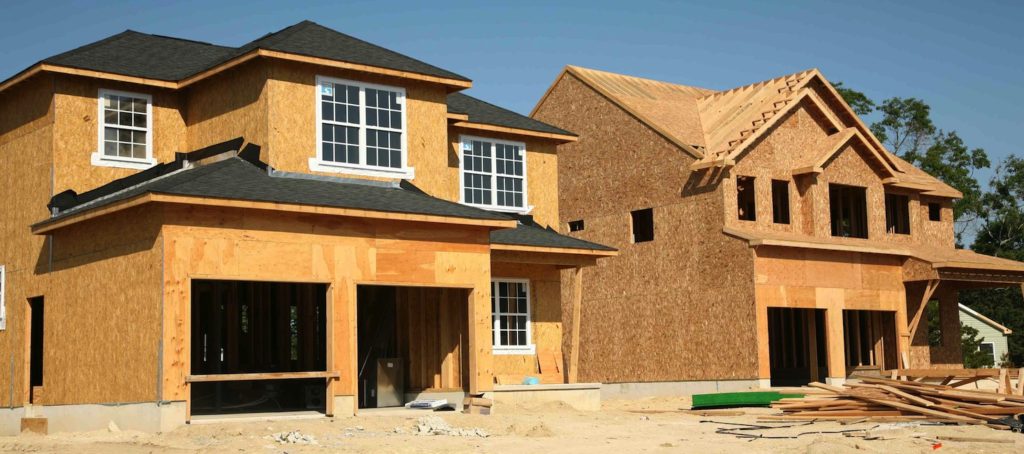
Take advantage of Facebook to sell your home — and be certain that the Realtor you choose is social media savvy. The Facebook universe is voluntarily giving up its demographic information daily and 1.5 billion members can be directly reached.
Video: Currently Facebook is fond of videos versus still images, which means the powers-that-be are at work with the algorithms of the platform that make the decision as to what a user will see on their newsfeeds, and video is at the top right now. Giving a tour of your home either live or prerecorded focusing on the best selling points of your home should be one of the first things posted. Invest in a photographer/videographer, it will pay off in the end.
Photos: Hiring that photographer/videographer will come in handy for these. People love pictures. Plain texts on Facebook rarely get the views that a post with a beautiful photo gets. Take advantage of the fact that social media users are visual beings and are attracted to properties they see while casually scrolling through Facebook.
Post with a link within the text: In other words, put up one of your beautiful photos, with a short, well-worded text and the link at the end to click. Facebook wants us to stay on its platform and not navigate away. If the picture is the link to the MLS listing, the weight for the algorithm will be weighed much lower and miss newsfeeds.
Facebook ads: Put aside a little money beyond the costs of advertising in your local classifieds, and consider buying a Facebook ad that goes to a web page showcasing your home. The precision is incredible – you can target users according to various criteria, including location, gender, age, education, workplace, etc. Best of all? You don’t need to spend a lot of money on an ad. Start low – even just $5.
The Bottom Line: Embrace Facebook for home selling. Over 90% of homebuyers start their hunt online and they will never even get in the car to go see a home for sale if the online presentation is not compelling. Write posts about what made YOU buy the home. Make the posts personal and detailed. Facebook’s ability to target posts and ads to your core demographics are invaluable. 69% of Realtors use Facebook because it works. Find that Realtor.

 See Our National Coverage Map
See Our National Coverage Map







